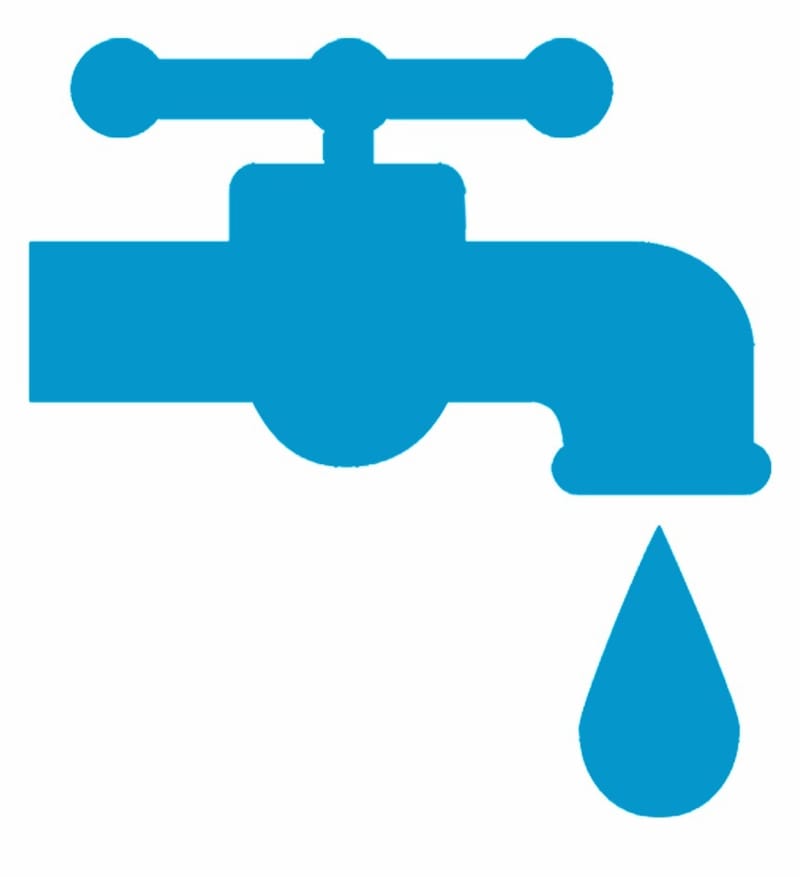WASH

3. Water, Sanitation & Health (WASH)
Pakistan is a country located in South Asia with a population of over 220 million people. Despite being rich in natural resources, including water, the country faces significant challenges in providing clean water and adequate sanitation facilities for its citizens.Access to clean water is a fundamental human right and is essential for good health and well-being. In Pakistan, only about 63% of the population has access to clean drinking water. In rural areas, this number drops to just 36%. This lack of access to clean water leads to a number of health problems, including diarrhea, cholera, and other waterborne diseases.
Sanitation is also a major concern in Pakistan. Only about 34% of the population has access to improved sanitation facilities, which means that the majority of people in the country do not have access to toilets or other hygienic means of disposing of waste. This lack of sanitation facilities leads to the contamination of water sources and further exacerbates the problem of waterborne diseases.
In addition to the lack of access to clean water and adequate sanitation facilities, there is also a lack of awareness about proper hygiene practices in Pakistan. Many people do not understand the importance of hand washing and other simple hygiene measures that can prevent the spread of disease.
RDO has taken a number of initiatives in place to improve water, sanitation, and hygiene in Pakistan. The government has set a goal of providing access to clean water and improved sanitation facilities to all citizens by 2030. Non-governmental organizations (NGOs) and international organizations are also working to improve water, sanitation, and hygiene in the country through education and infrastructure development projects.
Despite these efforts, much work remains to be done to ensure that all people in Pakistan have access to clean water, adequate sanitation facilities, and proper hygiene practices. It is important that the government, NGOs, and international organizations continue to prioritize and invest in these efforts to improve the lives and health of the people of Pakistan.


